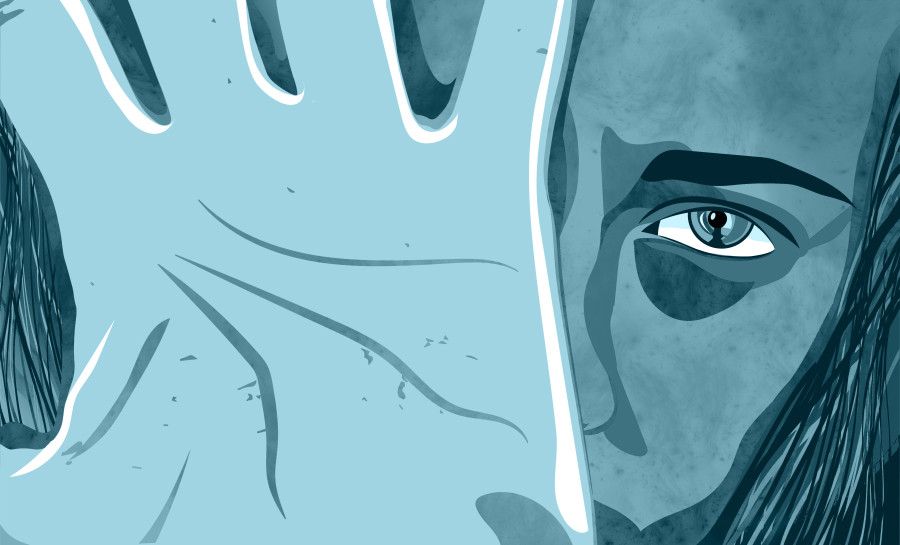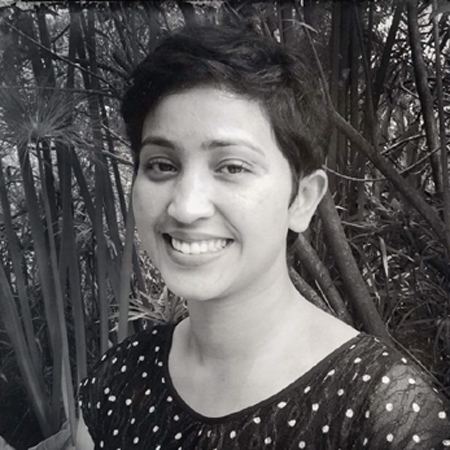Opinion
From tika to ashes
There are layers upon layers of injustice in the rape of Dalit women
Sarita Pariyar
I want my daughter back.”
Maya’s mother wept into the phone inconsolably as we spoke in July.
As a mother myself, I could imagine the pain of losing a daughter. It broke me.
“She was our only daughter,” Maya’s mother continued to wail, “and I traveled a thousand miles to work so that she could go to college. Now she cannot, because she is not alive. All my hopes have died with her. There’s only darkness.”
Maya Bishwokarma was 20 when she was gang raped by her co-worker Ganesh Baduwal Manoj Bogati, Suraj Chaudhary, Bhuvan Khati and Topendra Bogati on June 26th, 2018, in Chapre community forest, Kailali. Her new job involved collecting household data from Gauriganga municipality. One day while she was on her way to work, Baduwal and his friends assaulted her. As Baduwal confessed to the police, they had raped her because she had refused to have sex with him, which he demanded as a “married man and that too from a high caste family.”
Maya’s mother continued to cry. There was desperation in her voice, “I want to kill her rapists. If not, I want them to rot in jail all their lives.” She worked in Kuwait to support her sick husband at home, and she had been there when the attack occurred. She rushed back to Nepal, borrowing money from her employer to cover her expenses as she went about informing the media and organising protests against the rapists. Now, her obligation to repay her debt meant that she would have to return to her work in the Gulf.
Undignified death
The shock of Maya’s murder had not completely worn off when one night I received a call from Baitadi about another case: a thirteen-year-old girl had been raped and later forced to undergo an abortion. After the call, I couldn’t sleep. The caller, an activist for Dalit community, told me that there had been 14 registered rape cases in her district that year, including three cases of attempted rape. Of these incidents, six cases had been committed against Dalit girls.
According to Jagaran Media Centre, of the 1130 cases of rape registered in Nepal police office last year, Dalit women made up 19 percent of all the cases. By comparison, Dalit women comprise a little more than half of the 13.2 percent Dalit population of Nepal. More shockingly, 22 percent of all rape cases against minors were against Dalit children. It’s likely that the number of rape cases against Dalit women is even higher. Incidents of rape are notoriously underreported in Nepal because of a culture of silence, lack of faith in the justice system, centralised police offices, lack of education, awareness and privilege. Dalit women face additional barriers.
The activist had another reason for despair: the lack of media attention was disturbing enough, but even more alarming was that, in her experience, even human rights activists hardly seemed to dedicate themselves to rectifying these crimes. Defeated, she confided in me that most human rights activists treat Dalit cases as non-persons, as if Dalits were “dead cattle.”
Her impression was that some upper caste human rights activists perpetuate discrimination and injustices against Dalit women by not giving their cases equal resources and attention.
Unequal treatment can be seen in government reparation to the families of victims: upper caste Nirmala Panta’s family will receive Rs. 18 lakhs, whereas Maya’s family will receive only six. Even this lower sum, a mere third of the amount given to Nirmala’s family, would not have provided if not for the strong outcry by Dalit parliamentarians. Durga Bishwokarma, a member of Province Seven’s Parliament, told me that very few non-Dalit MPs supported them in their quest for justice.
Although the recent Crime Victim Protection Act, 2074 does not discriminate victims on the basis of caste, class, gender and ethnicity, it seems that judges use their discretionary power to arbitrarily decide on restitution amounts rather than following the comprehensive guidelines. The rights of victims of crime are now fundamental rights under section 21 of the Constitution, but the criminal justice system does not fully recognise and ensure the rights of victims to full remedy. The Crime Victim Protection Act and Criminal (Code) Act 2074 has guidelines to provide compensation, including to cover medical treatment or other additional expenses to cover damages. But the disparity in compensation is glaring. According to constitutional expert Dr Chandra Kanta Gyawali, “Discretionary powers (of the judges) should also be just and equal for all.”
Despondent, Maya’s family said, “The compensation cannot bring our daughter back but why does the government do unequal treatment to poor Dalit like us? Undoubtedly, we want to jail Nirmala Panta’s criminals as soon as possible because she is like our daughter who died from a similar cause. Unequal treatment over Maya’s death by government has led our family to a more painful situation. We have not received the amount yet because we want to put the criminals in jail first.”
Deafening silence
Maya was the first girl in her village to pass the SLC exams. Although Jarahi Kataan, her village, was a poor Dalit settlement, Maya had big dreams for her future. Once she completed her high school, Maya became an inspiration for many others like her. Today, girls from her village are scared to walk the route through the forest that Maya did.
Maya’s uncle Khadga was heartbroken when Maya’s twelfth grade results came out just after her death. She had passed with flying colours. He remembered her joy two years earlier when she had passed the SLC exams—the entire village had celebrated her achievement. They had put red tika on her, and given her garlands with the blessing that she would make the village proud one day. “But I had never thought that the red tika would turn to ashes.”
Dalit women continue to be subjected to the worst forms of violation in Nepali society because their poverty and social position hinder their ability to fight back. Although the voices of Dalit women are systematically stifled, their silence speaks volumes about their struggles.
Sarita Pariyar is a student, activist, and a member of Dalit reader




 8.79°C Kathmandu
8.79°C Kathmandu










